News
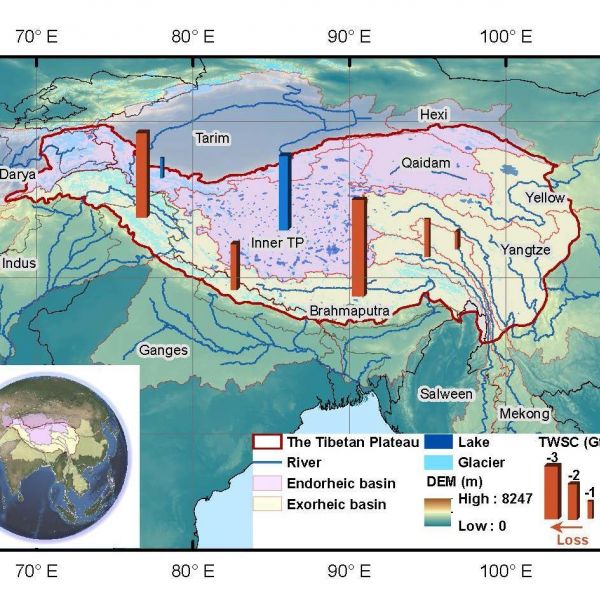
Aug 15, 2022
Irreversible declines in freshwater storage projected in parts of Asia by 2060
Most comprehensive study to date on water storage in Tibetan Plateau projects dramatic losses of freshwater storage in parts of Asia by mid-century under modest climate policy scenario
Full Article
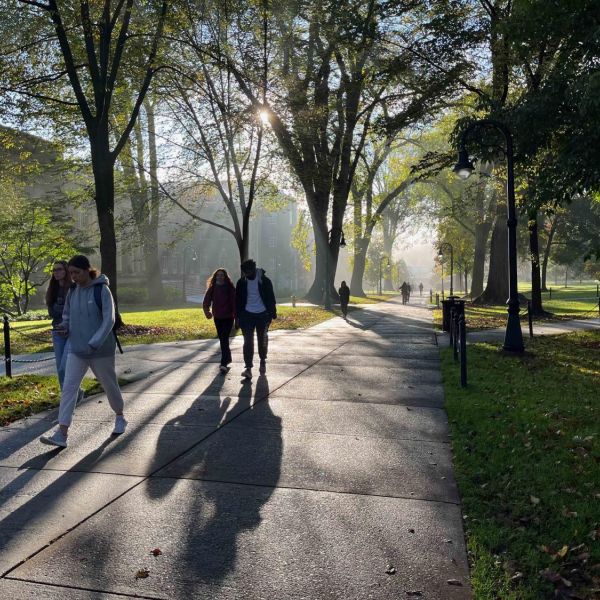
Aug 11, 2022
Penn State funds study of student mental health, well-being for five more years
The coronavirus pandemic has negatively affected the mental health of college students nationwide, according to recent studies. To better serve its own students, Penn State recently funded a five-year extension of a study with researchers at the University to gain further insight into its students’ mental health status and needs.
Full Article
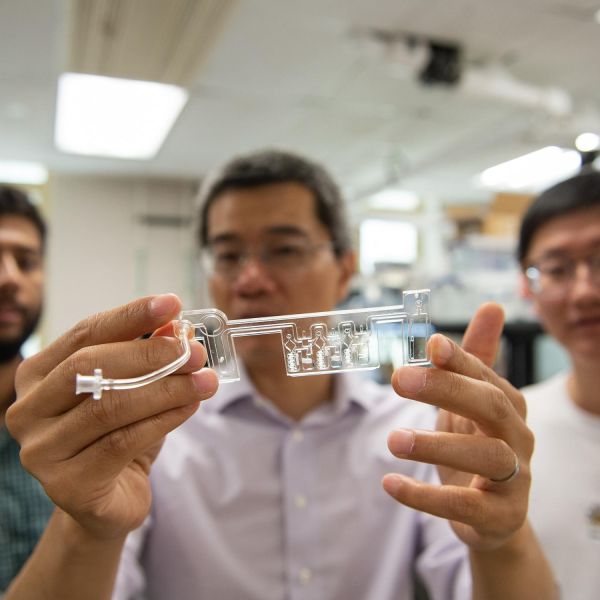
Aug 05, 2022
New at-home, saliva-based COVID test as effective as PCR in preliminary analysis
PCR tests, also called molecular tests or nucleic acid tests, are considered the gold standard in detecting the presence of SARS-CoV-2, the virus that gives rise to COVID-19. However, they can take a few days to process, resulting in unnecessary quarantine for negative individuals or delays for those who require proof of negative testing for travel or other commitments.
Full Article
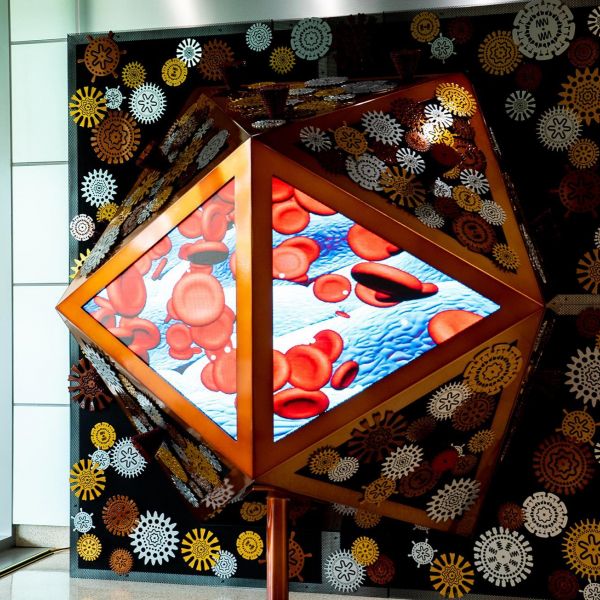
Aug 04, 2022
New SciArt installation reflects on viruses in our everyday lives
"The BioMachine," a new art installation designed and fabricated by the SciArt team at the Huck Institutes of the Life Sciences at Penn State, offers an interactive exploration of the viruses — like those which cause COVID-19 — that permeate our world.
Full Article
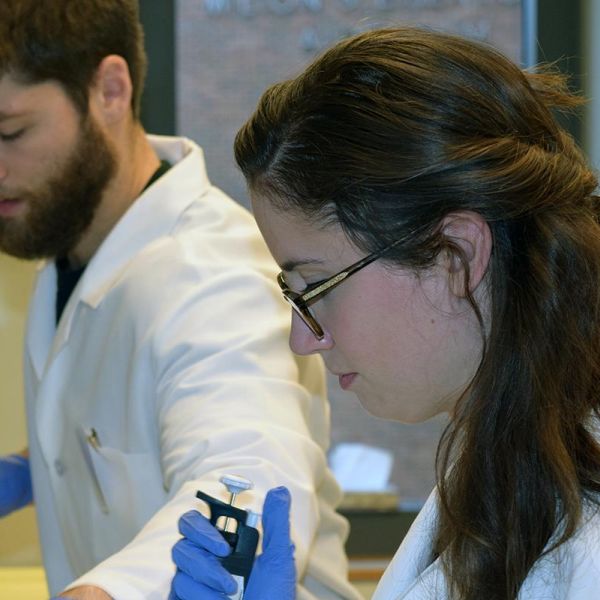
Aug 02, 2022
Close ties with industry fuel success for master of biotechnology degree program
Looking back over more than two decades leading Penn State’s master of biotechnology degree program, Loida Escote-Carlson concluded: “We’ve been tremendously successful.”
Full Article
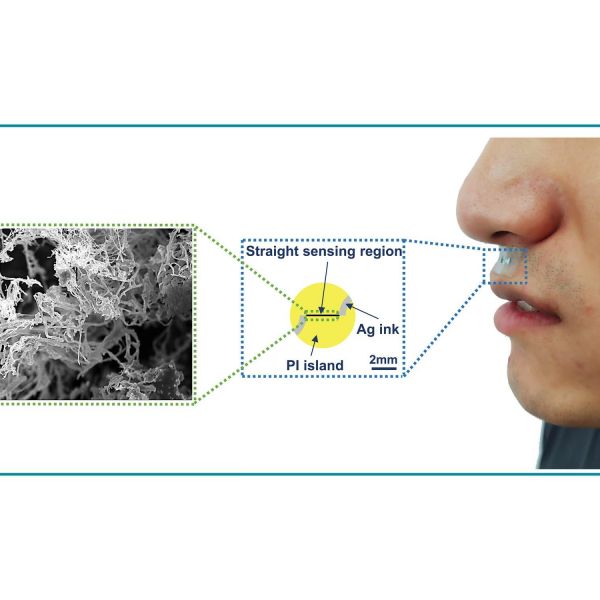
Aug 01, 2022
New options for health, environmental monitoring with water-resistant gas sensor
Accurate, continuous monitoring of nitrogen dioxide and other gases in humid environments is now possible, thanks to a new water-resistant gas sensor developed by Huanyu “Larry” Cheng, the James L. Henderson Jr. Memorial Associate Professor of Engineering Science and Mechanics, and his team.
Full Article
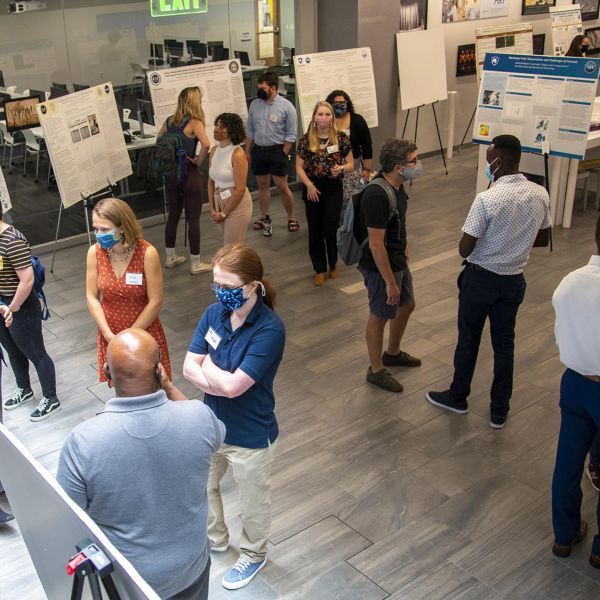
Jul 30, 2022
Undergrads to present research at public symposium on climate science, solutions
Four summer research programs that task undergraduate students with exploring pressing research related to climate science and solutions are culminating in a combined event that is open to the public.
Full Article
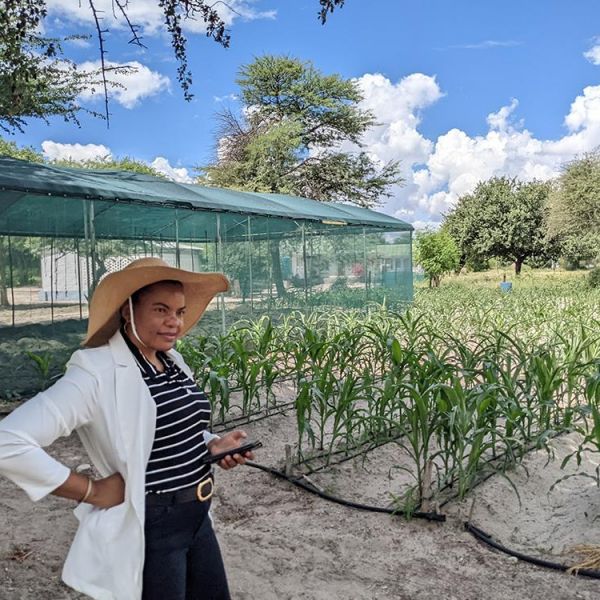
Jul 27, 2022
Researchers get $2M NSF grant to develop Africa water-food-energy network
Michael Jacobson, professor of forest resources in Penn State’s College of Agricultural Sciences, has received a $2 million grant from the National Science Foundation to lead a three-institution team developing the “Sustainfood Network,” which links scientists, communities and policymakers to address challenges in Africa at the nexus of water, energy and food security.
Full Article

Jul 26, 2022
Interim associate vice president for research named
Phillip Savage, currently the head of Penn State Department of Chemical Engineering in the College of Engineering, has been named interim associate vice president for research and director of strategic initiatives in the Penn State Office of the Senior Vice President for Research (OSVPR), effective Aug. 22.
Full Article
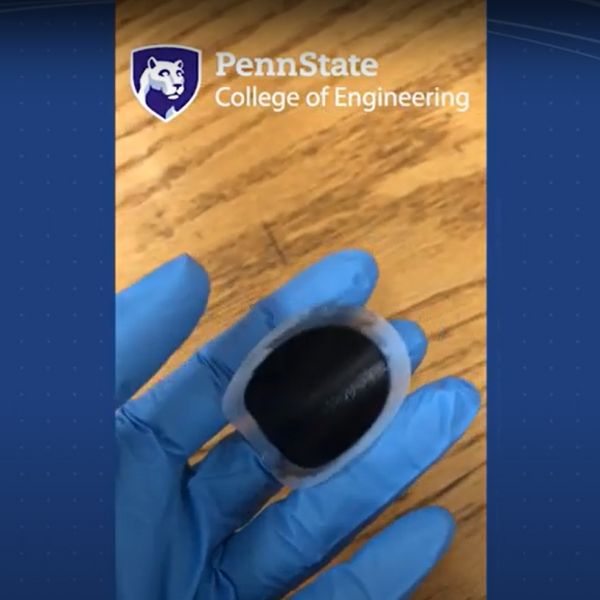
Jul 25, 2022
Nature-inspired protein creates stretchable, composite layered materials
Using biomimetic proteins patterned on squid ring teeth, circular appendages on the tentacles of squid that are used to grasp prey, researchers have created composite, layered 2D materials that are resistant to breaking and extremely stretchable.
Full Article